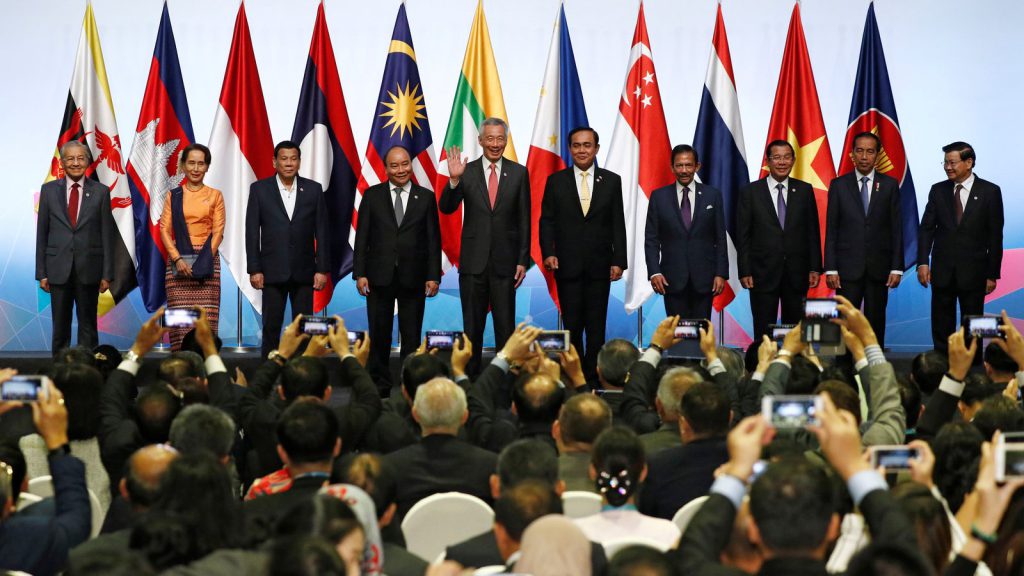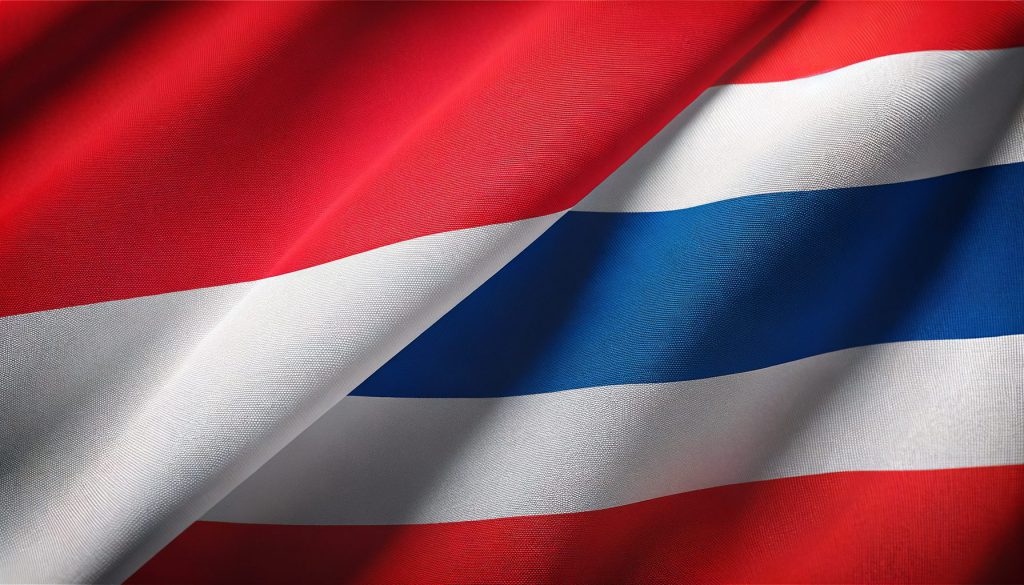The ASEAN pact, consisting of ten Southeast Asian nations, is currently embroiled in a heated speculative bandwagon. The nations are reportedly pursuing diversification strategies, including alliances like BRICS, which may ultimately damage their historic international unity.
Also Read: Shiba Inu 4 Month Forecast: Here’s How SHIB May End 2024?
Is ASEAN to Disintegrate?


Rumors of ASEAN nations pursuing independent diversification strategies are now catching pace. The pact has always projected a unified stance on international order, including launching an intercultural approach to bolster its global presence.
However, in the midst of it, Thailand, Indonesia, and Malaysia are pursuing different expansion strategies that may cause a significant rift between them and the other ASEAN nations.
Malaysia’s Pursuit of BRICS Alliance


It is well-known that Malaysian Prime Minister Anwar Ibrahim is aggressively pursuing the BRICS alliance. The admissions application to initiate the process was already underway and caught pace when Russian Foreign Minister Sergey Lavrov visited Russia around July 28.
Through the said partnership, both nations aim to establish stellar global repute.
“This potential membership holds substantial promise for both nations and underscores our commitment to fostering robust international collaboration. We also explored avenues to enhance bilateral cooperation, with a particular focus on strengthening ties in key areas such as investment and trade, science and technology, agriculture, defense and military, education, and tourism and culture.” Anwar reiterated
Indonesia and Thailand’s Diversification Plan


Similarly, another notable ASEAN nation, Indonesia, seems to be expediting efforts to join the Organization for Economic Cooperation and Development (OECD). At the same time, Thailand is also pursuing a different expansion policy. The nations have applied to the OECD and BRICS to strengthen their global prestige.
What Does It Mean For ASEAN as a Collective?
With three prominent ASEAN nations pursuing independent diversification strategies, the questions about ASEAN’s inner unity being threatened are spreading like wildfire. With Indonesia eager to join the OECD, an organization that refers to itself as a “club of developed countries,” the ideals of the pact seem to portray a jeopardized stance.
Similarly, as Malaysia and Thailand’s keenness to join BRICS expands, ASEAN’s collective vision as an organization promoting regional narratives also stands at a precarious threshold.
Potential Impact of ASEAN’s Disintegration
If the pact ever breaks, it may significantly impact Southeast Asian nations. For instance, these nations may have to formulate new trade strategies from scratch.
Also Read: ASEAN Limits Chinese Imports: Impact on Chinese Yuan?
They will also need to form new trade partnerships to keep trade flowing smoothly across regions.





